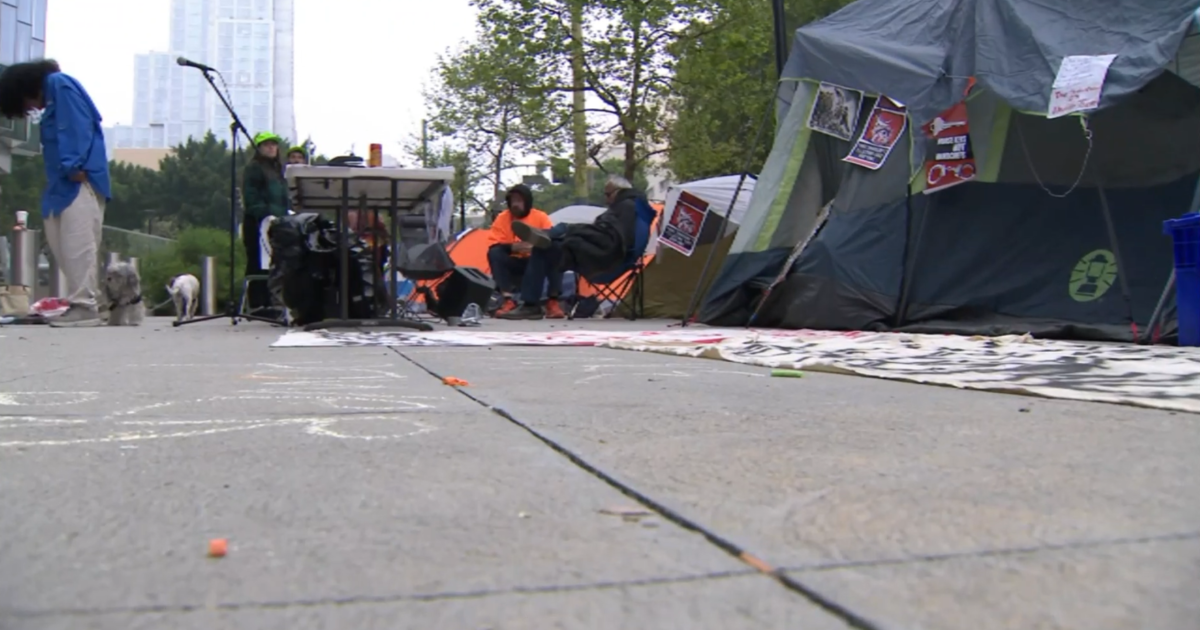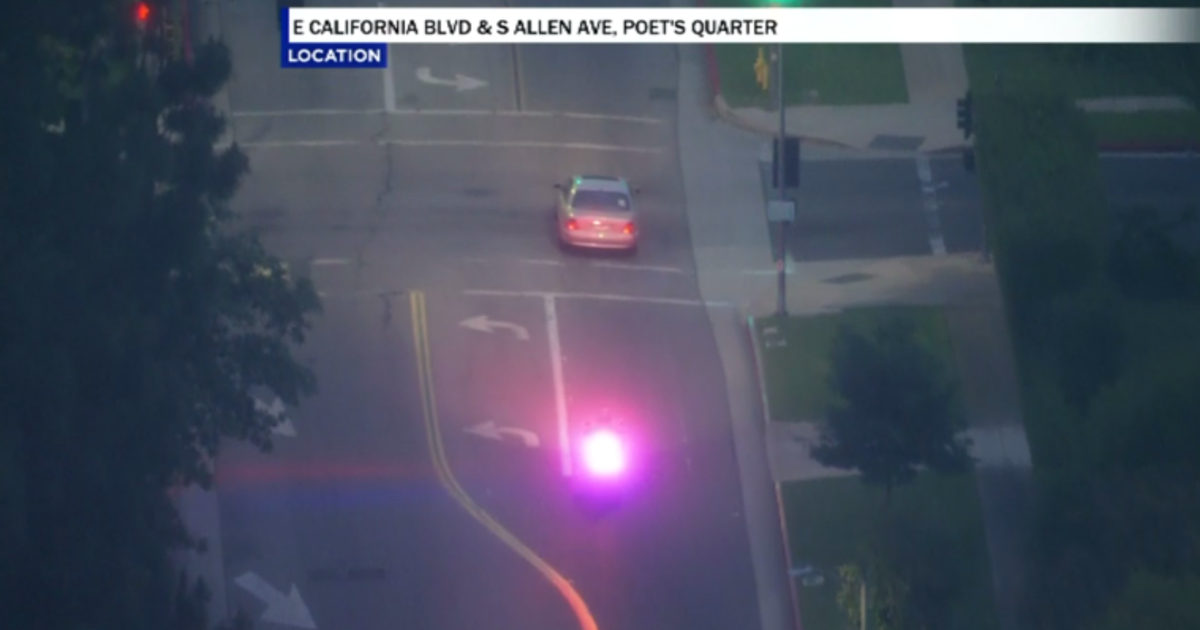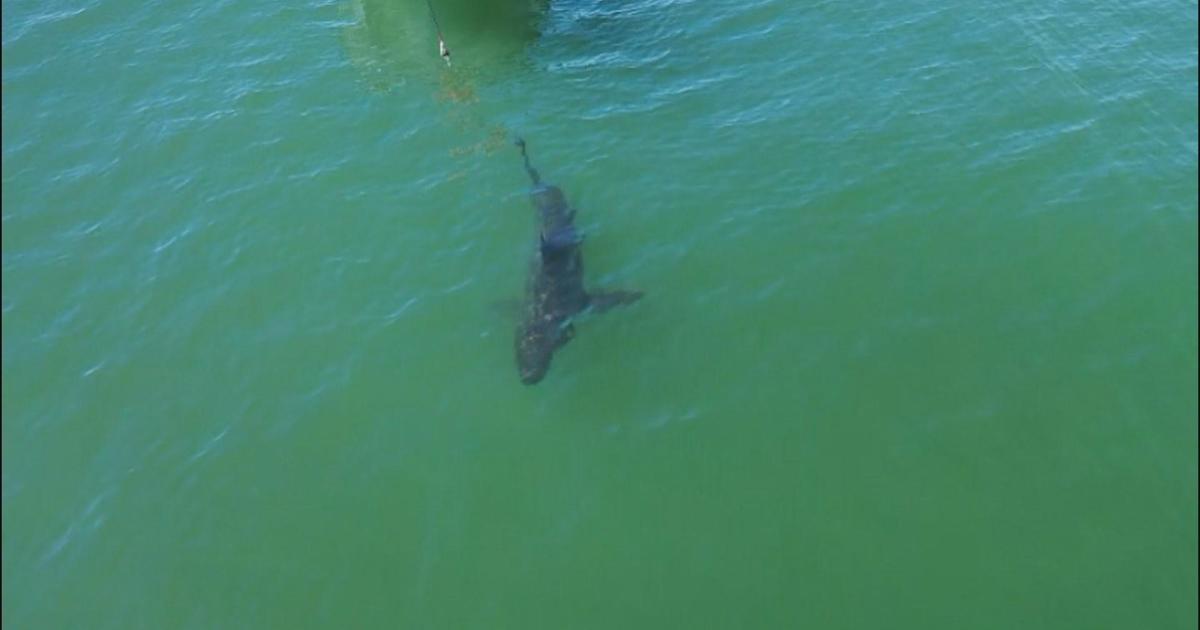Gov. Brown Declares State Drought Emergency
LOS ANGELES (CBSLA.com) — Gov. Jerry Brown declared a state drought emergency Friday morning.
Brown's declaration, which was made in San Francisco at 10 a.m., comes in the middle of one of California's driest winters on record and after two dry years that have depleted reservoirs.
The governor directed state officials to take all necessary actions to prepare for the drought conditions.
"We can't make it rain, but we can be much better prepared for the terrible consequences that California's drought now threatens, including dramatically less water for our farms and communities and increased fires in both urban and rural areas," Brown said. "I've declared this emergency, and I'm calling all Californians to conserve water in every way possible."
Brown called on Golden State residents to voluntarily reduce their water usage by 20 percent.
"This takes a coming together of all the people of California to deal with this serious and prolonged event of nature," he said.
Brown also directed state agencies to use less water and hire more firefighters. In addition, the Democratic governor has initiated a greatly expanded water conservation public awareness campaign.
The governor hopes the state of emergency will speed up some federal relief efforts, as well as make it easier for water to be moved from areas that are still relatively well-supplied, like the Los Angeles area, to other parts of the state that are parched, such as the Central Valley and parts of Northern California.
"The drought does accentuate and further display the conflicts between north and south, between the urban and the rural parts of the state," Brown said.
A survey of California reservoirs showed two of the state's driest reservoirs are Black Butte in Tehama County (at 10% of capacity) and Hensley Lake in Madera County (at 6 percent of capacity).
Two reservoirs in Los Angeles County are still nearly full—Pyramid at 98 percent and Castaic at 88 percent of capacity.
The Los Angeles Department of Water and Power reports part of the reason L.A.'s reservoirs are still full is because water conservation practices and programs have reduced consumption by 20 percent already.
Brown, however, said Southland residents will still be asked to cut back more.
"Even though Los Angeles is better off, we'd ask them to do their part. As the weeks go by, we'll recalibrate, and certainly we're holding out the possibility of mandatory conservation," he said.
CBS2's Bobby Kaple reports that some Angelenos, however, have actually been watching their water usage for years.
"We took all the grass, we disconnected the sprinkler system, we cut down all the hedges," Murray Burns said of his desert oasis.
Nothing Burns has planted requires anything other than rain water, Kaple reports.
"Realizing, as I got older, that I've got a contribution to make, not only to my generation, but to future generations," Burns said.
Also, instead of a 15- to 20-minute shower, Burns uses water for 90 seconds to clean up.
"I'll sprinkle myself. Then I'll turn it off, soap up, and then just rinse off," he said.
In Mission Hills, Dave Norwoods said he avoids running any sort of tap water, choosing to get his H20 from plants, rain, rivers and lakes. He purifies it on his own before drinking it.
"This…straw…you can drink out of lakes, rivers, and it cleans most of the bacteria," Norwoods said.
Meantime, the U.S. Department of Agriculture designated parts of California and 10 other states as primary natural disaster areas because of the drought. Some cities, like Sacramento, are enforcing water conservation rules.



